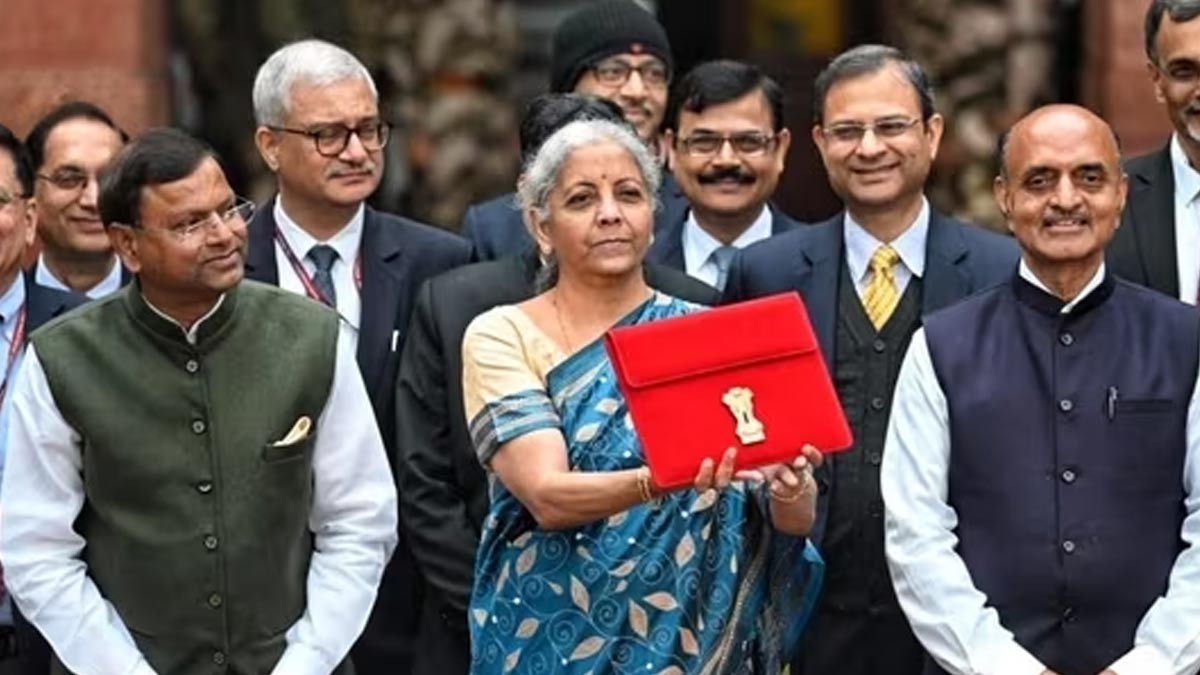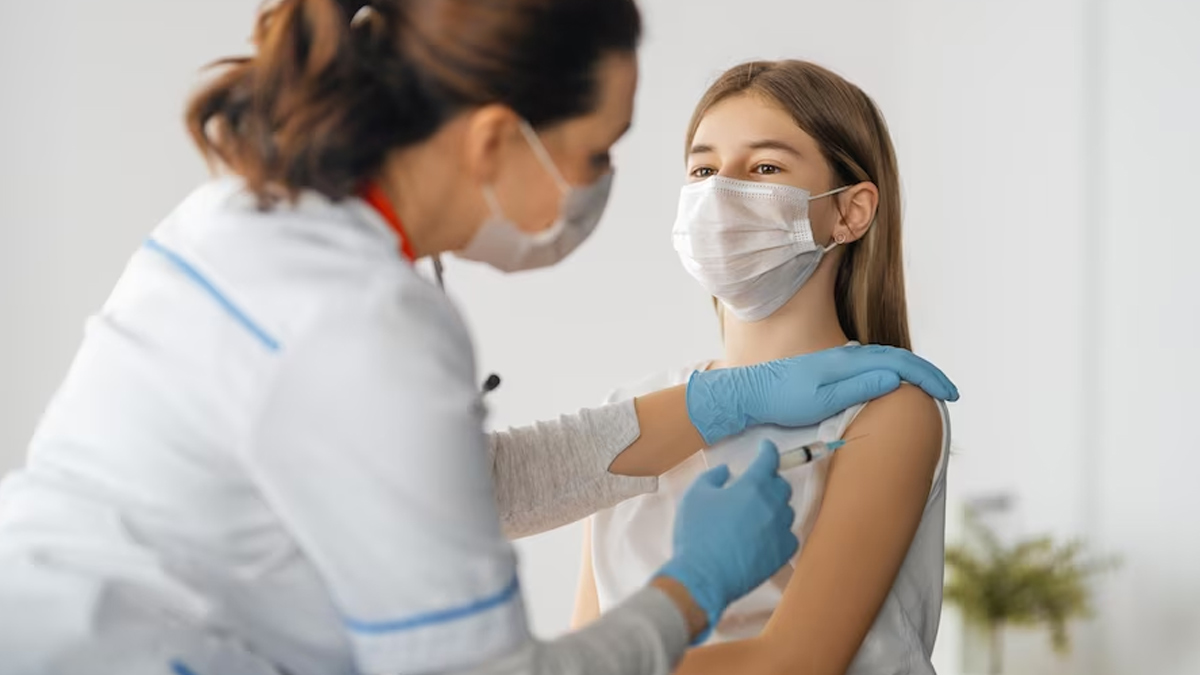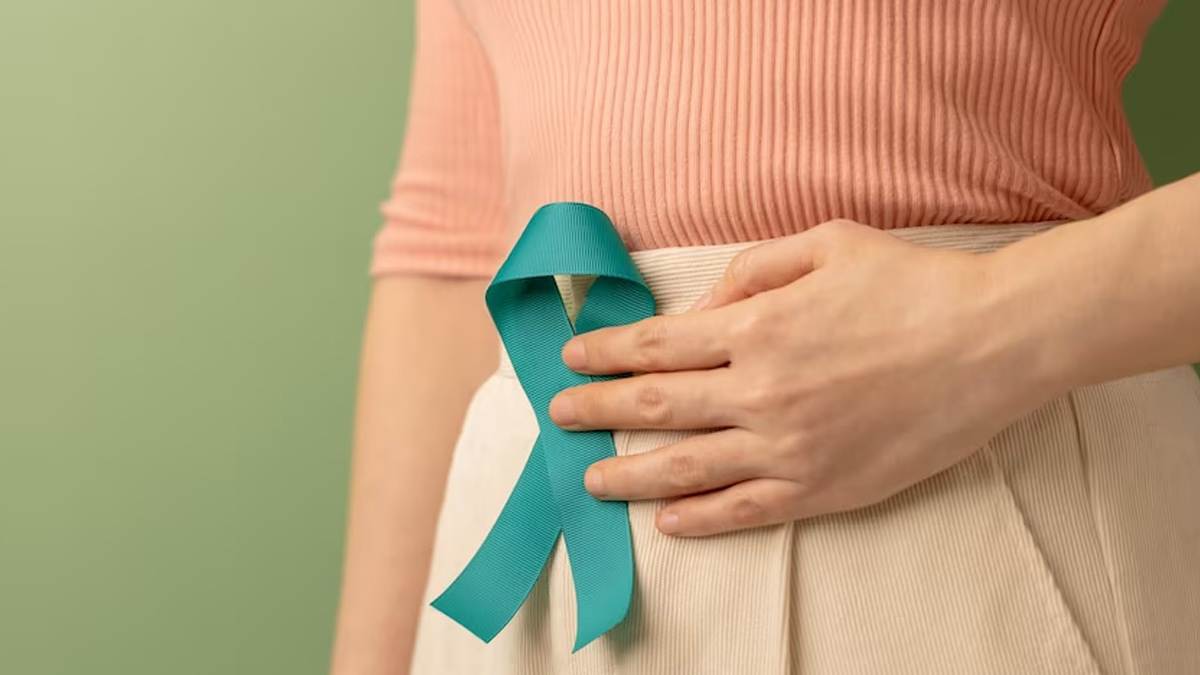
Nirmala Sitharaman, Finance Minister, India presented the interim budget in the Parliament today. Allocating INR 89,155 crore to the Ministry of Health and Family Welfare (MOHFW) under the Union Budget 2024, the finance minister laid special focus on the Human Papillomavirus (HPV) vaccination for girls. She said, "Our government will encourage vaccination for girls from the age group of 9 to 14 years for the prevention of cervical cancer.”
Table of Content:-
Data from the HPV Information Centre shows that 1,23,907 women are diagnosed with cervical cancer and 77,348 die from the disease each year in India. This recent focus on HPV vaccines in the 2024 Budget will help the MOHFW initiate the much-needed HPV vaccine campaign. While a lot has been talked about preventing HPV, the discourse around what to do once you get infected with HPV is still lacking.
Keeping that in mind, one avenue that requires attention is the role that nutrition plays in keeping up your immunity in case you get infected by HPV.
Immunity Boosting Diet For HPV
The immune system plays a vital role in combating HPV. The immune system is the body's natural defence mechanism and dietary measures, proper hydration, and a good, clean lifestyle can help you support it in the face of HPV.
Antioxidant-Rich Foods
Add a variety of fruits and vegetables rich in antioxidants. Antioxidants help combat free radicals in the body, supporting the immune system's ability to fight off infections. According to a study published in the Nutrition Journal that assessed over 3100 fresh food items, the foods with the highest antioxidant activity are:
- Spices and herbs (ground, dried): Green mint, cinnamon, cloves, oregano, and basil
- Fruits: Plums, pomegranate, and dried fruits
- Berries: Blackberries, blueberries, goji berries, raspberries, strawberries, and cranberries
- Vegetables: Artichoke, kale, cauliflower, red cabbage, orange bell pepper, beets, and sundried tomatoes
- Nuts and seeds: Walnuts, pecans, pistachios, chestnuts, sesame seeds, flaxseed
Vitamin C Rich Foods
Vitamin C is known for its immune-boosting properties. It not only enhances your immune function but also contributes to overall well-being. According to the Harvard Medical School (HMS), vitamin C-rich foods are:
- Vegetables: Broccoli, brussels sprouts, cantaloupe, cauliflower, leafy greens of turnip, mustard, beet, collards, kale, sweet potato, tomatoes, and bell peppers (all colours)
- Fruits: Grapefruit, honeydew, kiwi, lemon, orange, and papaya
Also Read: Cervical Cancer Awareness: Tips To Maintain Genital Hygiene To Prevent Or Manage HPV

Zinc-Containing Foods
Zinc is a vital mineral that aids in immune system function. Including zinc-rich foods in your diet can help strengthen your body's defence against infections. Moreover, a study authored by the Asian Pacific Organisation for Cancer Prevention found that taking zinc sulphate supplements resulted in an increase in HPV clearance and promoted the regression of abnormal cells to normal cells. Here are some foods rich in zinc:
- Animal Based Foods: Beef, poultry, oysters, and shrimp
- Seeds and Nuts: Cashews, sesame seeds and pumpkin seeds
- Cereals: Chickpeas, lentils, and fortified cereals
Probiotics for Gut Health
A healthy gut is closely linked to a robust immune system. According to an India-based study published in the Journal of Food Science and Technology, adding probiotic-rich foods can help you support your digestive health and enhance your body's ability to fight off infections. Here are some probiotic-rich foods:
- Yoghurt, milk, buttermilk, and cheese like cheddar, mozzarella, and gouda
- Fermented foods like dhokla, Idli, and dosa
- Kefir and kombucha
- Sauerkraut and kimchi
Omega-3 Fatty Acids
Include sources of omega-3 fatty acids in your diet as they have anti-inflammatory properties, which promote a balanced immune response. The National Institutes of Health provided this list of Omega-3 fatty acid rich foods:
- Fish and other seafood: Cold-water fatty fish like salmon, mackerel, tuna, herring, and sardines
- Nuts and seeds: Flaxseed, chia seeds, and walnuts
- Plant oils: Flaxseed oil, soybean oil, and canola oil
- Fortified foods: Eggs, yoghurt, juices, milk, soy beverages, and infant formulas
Also Read: Can You Get The Human Papillomavirus (HPV) Vaccine If You Already Have The Infection?

Garlic's Immune-Boosting Benefits
Garlic is known for its antiviral and immune-enhancing properties. According to a study published by the journal Trends in Food Science & Technology, garlic can stop viruses from entering our cells, mess up their genetic machinery, and slow down their growth. Their research indicated that regularly using garlic could help prevent viral infection.
Add fresh garlic to your meals or consider taking garlic supplements after consulting with your healthcare provider.
Maintain A Healthy Lifestyle
Following these dietary measures is crucial, but so is combining them with healthy lifestyle practices:
- Staying hydrated aids in flushing out toxins from the body and supports overall well-being.
- Minimise your consumption of processed snacks, sugary beverages, and refined carbohydrates, as it can weaken your immune system.
- If you choose to consume alcohol, do so in moderation to maintain overall health and immune function.
While there is no guaranteed way to eliminate HPV, adopting a nutrient-rich, immunity-boosting diet can play a significant role in managing the virus and supporting your overall well-being. Consult with a healthcare professional for personalised advice and continue making informed choices to enhance your immune system's resilience.
Also watch this video
How we keep this article up to date:
We work with experts and keep a close eye on the latest in health and wellness. Whenever there is a new research or helpful information, we update our articles with accurate and useful advice.
Current Version